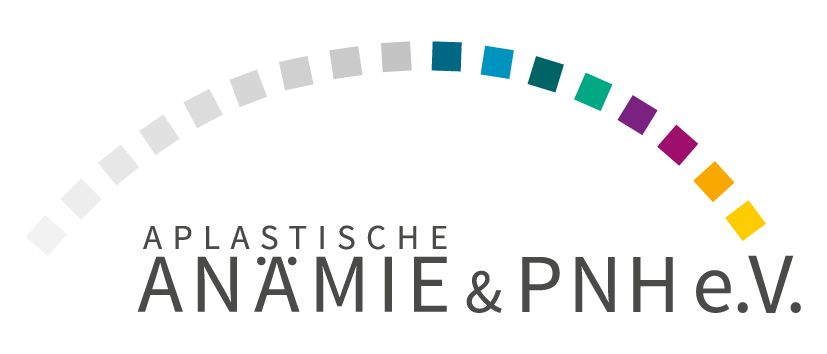Ravulizumab (Ultomiris®) with no added benefit
The Federal Joint Committee (G-BA) has certified that the second C5 complement inhibitor ravulizumab (Ultomiris®) approved against paroxysmal nocturnal hemoglobinuria (PNH) has no additional benefit compared to the appropriate comparator therapy (previous standard) eculizumab (Soliris®). This resulted in the benefit assessment procedure according to Section 35a SGB V, which was completed on February 6, 2020.
How was the process?
After ravulizumab was approved on July 2nd, 2019, the benefit assessment process began on August 1st, 2019 when the pharmaceutical entrepreneur Alexion Pharma Germany GmbH submitted the dossier to the G-BA. This consists of 5 modules, 4 of which have been published on the G-BA website, totaling 1,816 pages. For a drug that is used for a very rare disease and, as a result, very few patients, the study situation was much more informative than in many other cases. As early as January 29, 2019, eculizumab (Soliris®) was specified as the ACT for this procedure, so that the new drug had to be measured against the one that had been established for years. The Institute for Quality and Efficiency in Health Care (IQWiG) was commissioned to evaluate the dossier, which means that the submitted study documents were analyzed based on evidence and according to the valid criteria and a report was written, which was published on November 4th, 2019.
At the same time, IQWiG contacted us, as the patient representatives accredited by the G-BA for this disease, in order to get to know and take into account the assessment and needs of the patients with regard to PNH and the treatment options. Since the pharmaceutical company provided additional data during the process, the addendum was also assessed by IQWiG. Subsequently, those entitled to comment , e.g. medical societies, clinics, doctors, pharmaceutical companies, were able to submit their views on the dossier assessment by November 22, 2019 after submitting a disclosure declaration.
The information collected was then passed on to the members of the Subcommittee (UA) Medicines and the working group (AG) § 35a for preparation. The hearing took place on December 10, 2019, at which the pharmaceutical company presented its dossier, was able to respond to the dossier assessment and had to answer the questions of the members of the UA Drugs. Medical experts were also invited to answer questions from UA members based on their clinical or scientific experience. In this case it was Prof. Wörmann from the German Society for Hematology and Medical Oncology (DGHO), Prof. Schubert from the Elbland-Klinikum Riesa and Dr. Höchsmann from the Ulm University Hospital.
The meeting was held non-public as planned, but everything can be read in the verbatim transcript.
The AG § 35a met on December 17, 2019 and January 21, 2020 in a non-public session to prepare the recommendation for a resolution. Here, the various points of view between the National Association of Statutory Health Insurance Funds , the umbrella organizations of the service providers, i.e. the National Association of Statutory Health Insurance Physicians (KBV) and the German Hospital Association (DKG), as well as the patient representatives are discussed intensively. The draft resolution and the supporting reasons were formulated jointly, which were submitted to the UA Drugs for a resolution. Finally, on February 6, 2020, the plenum decided to change the Drugs Directive so that ravulizumab was included.
Conclusion
The results of the two studies presented were positive in terms of the study design of a non-inferiority study, ie it could be shown that ravulizumab is no worse than the specified ACT, eculizumab. However, it could not be adequately demonstrated that ravulizumab is more effective, better tolerated or with better results in terms of quality of life than eculizumab. The fact that patients only need an infusion every 8 instead of every 2 weeks was not reflected in the data on quality of life. A study only showed a significant advantage of ravulizumab over eculizumab for the criterion “global health status”. Since only achieving transfusion-free status is a patient-relevant criterion, the lower number of transfusions with ravulizumab had no effect. Only the lower number of breakthrough hemolyses indicated an added benefit, but the symptoms were only assessed if the LDH value was increased, which was an inadmissible link to a blood value and is therefore not suitable as an endpoint.
What’s next?
The pharmaceutical company and the National Association of Statutory Health Insurance Funds are negotiating the price that ravulizumab may cost from the second year after approval. For the first year after approval, the price was set by the pharmaceutical company. Since no additional benefit was certified, the price will probably be in the same order of magnitude as for eculizumab – which is already the case now.

